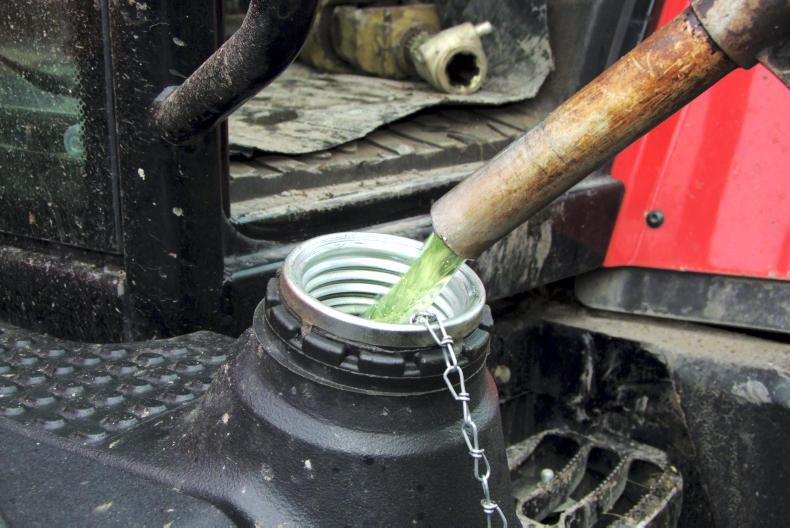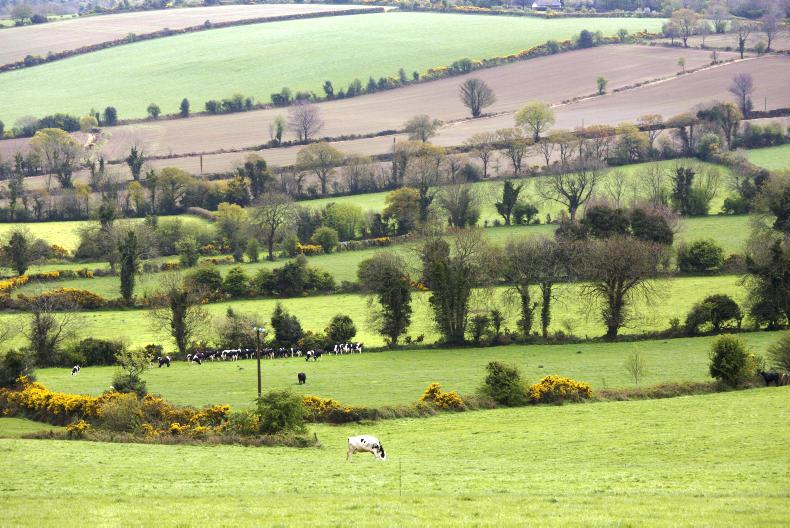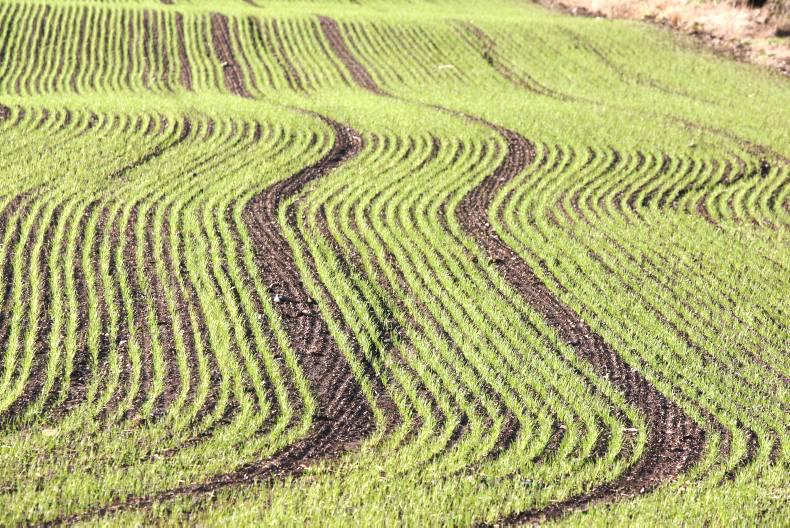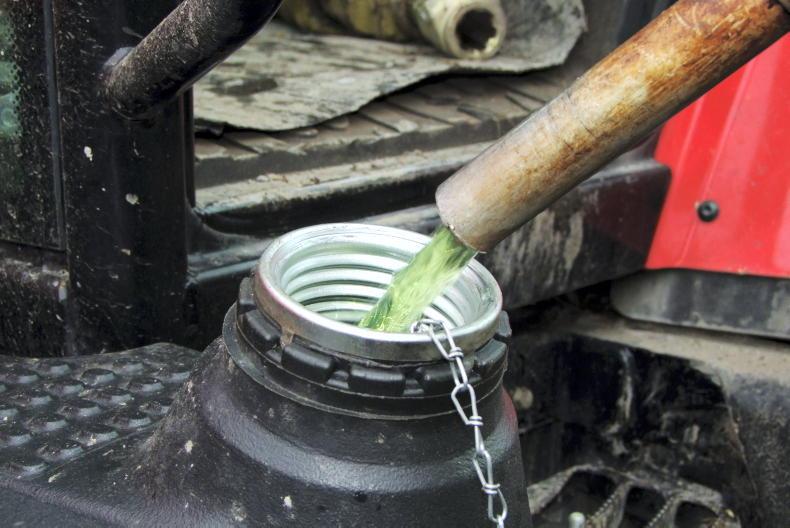Following last week’s release of figures showing a sharp drop in the cost of cleaning up the sludge dumped by diesel smugglers in border counties, the Revenue has confirmed to the Irish Farmers Journal that a campaign launched in 2015 had “effectively eliminated the fuel laundering problem”.
A crucial piece of the strategy was the joint addition of a new fuel marker called Accutrace S10 to marked gas oil across the UK and Ireland on 1 April 2015. Unlike the traditional green dye used in agricultural diesel, which fraudsters had been bleaching and dumping in ditches, the new marker is colourless. Its chemical properties are similar to those of diesel, making it harder to separate from the fuel. Customs officers can detect it in laundered fuel, exposing cases of tampering.
The selling of laundered fuel is negligible and close to being fully eliminated
Last year, a survey of nearly one in 10 fuel businesses around the country found no traces of Accutrace S10 in any of the road diesel samples taken. “The findings represent a further, authoritative confirmation of the effectiveness of the various measures introduced by Revenue in recent years to enhance compliance in the fuel trade,” according to the Revenue statisticians who conducted the survey.
They added that successful detections of laundered fuel did occur in the months following the introduction of the new marker, but their numbers decreased into 2016. “While the results of the random sampling programme do not signify the complete elimination of the illicit trade in fuel, they do demonstrate that the selling of laundered fuel is negligible and close to being fully eliminated,” they concluded.
Reckless trading
Legislative changes introduced under budgets 2014 and 2015 have strengthened the licensing rules for fuel traders and retailers. All licensed fuel traders must now file monthly electronic returns of oil transactions, allowing Revenue to identify where green diesel may exit the legal supply chain. The law also allows Revenue to prosecute fuel suppliers for the new offence of “reckless trading” if they sell fuel to buyers who cannot demonstrate a legitimate requirement for it.
“The new licensing system and the electronic reporting system have made it more difficult for fuel launderers to source marked fuel for illicit purposes, and the reckless trading provisions act as a further deterrent for suppliers to supply fuel to launderers,” a Revenue spokesperson told the Irish Farmers Journal.
In addition, Revenue launched a series of checks on the fuel trade sector in 2015. “The project involved the initiation of 205 compliance interventions, of which 167 have been closed to date, with a yield for all interventions to date of €3.3m,” the spokesperson said.
Multimillion green diesel laundering clean-up bill
Monaghan farmer jailed for diesel laundering and ‘‘angel dust’’ offences








SHARING OPTIONS